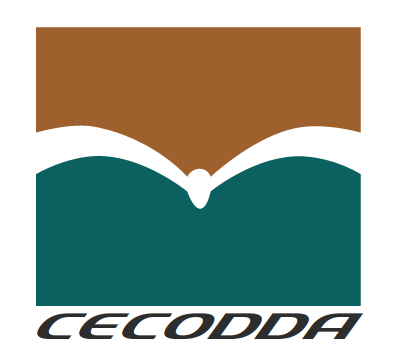Eligibility
ELIGIBILTY (Programme Estimate)
I. Organic Criteria
- ACP governments
- ACP regional organizations
- ACP private sector organizations
- ACP civil society organizations
II. Thematic Criteria
1. Multilateral Trade
Under the Multilateral trade thematic area, requests from beneficiaries have to be in line with the key objectives of TradeCom II, which include the following:
- To facilitate effective participation in the Regular Work under WTO Negotiations: Special and Differential Treatment/Development Issues; Trade in Services; Trade-related aspects of Intellectual Property Rights (TRIPS); Disputes Settlement; Accession; Agriculture; Sanitary and Phytosanitary Measures (SPS); Technical Barriers to Trade (TBT); Textiles and Clothing; Trade-Related Investment Measures; Rules of Origin; Import Licensing Procedures; Subsidies and Countervailing Measures; Safeguards Measures; Trade Policy Review Mechanism; Non Agriculture Market Access (NAMA).
- To facilitate effective implementation of the WTO Post Bali Package: Trade Facilitation; Agriculture; Development Issues (Focus on LCDs)
- To facilitate effective implementation of the WTO Post Nairobi Package: Special Safeguard Mechanism for Developing Country; Public Stockholding for Food Security Purposes; Export Competition; Preferential Rules of Origin for Least Developed Countries; Cotton; Preferential Treatment in Favour of Services and Service Suppliers of Least Developed Countries.
- To facilitate effective participation in the WTO dispute settlement mechanisms.
- Studies: including analysis of the impact of multilateral trade agreements, rules of origin, trade disputes, etc.
- To enhance the presence of the ACP customs cooperation in the international customs system.
2. Regional Trade
Under the Regional trade thematic area, requests from beneficiaries have to be in line with the key objectives of TradeCom II, which include the following:
- To support regional integration process
- To strengthen the capacity of ACP countries and regions to formulate and implement suitable trade policies;
- To strengthen inclusive trade policy formulation and implementation processes;
- To strengthen capacity to effectively negotiate and implement bilateral and regional trade agreements, (including the EPA negotiations and implementation)
- To analyse the impact of trade agreements (e.g. Studies/reviews and assessments of the impacts of regional trade agreements) and trade dispute
- To strengthen institutional capacities in the design and lead trade-related projects;
- To strengthen competitiveness capacity of private sector traders and trade facilitation institutions;
- To strengthen national and regional institutions in managing cross-border trade and the underlying legal framework;
- To support national and regional customs services in simplifying, standardizing, harmonizing and updating their systems with standard modern practice;
- To strengthen capacity of national and regional customs agencies in developing and implementing internationally compliant customs legislation and systems;
- To facilitate intra-ACP customs cooperation;
- To Support ACP RECs to develop and implement regional frameworks for dispute settlement.
NB: This list is not exhaustive. Some other ACP trade issues could be considered.
Programme funded by European Union at the request of the Organisation of African Caribbean and Pacific States - Implemented by AESA CONSORTIUM




